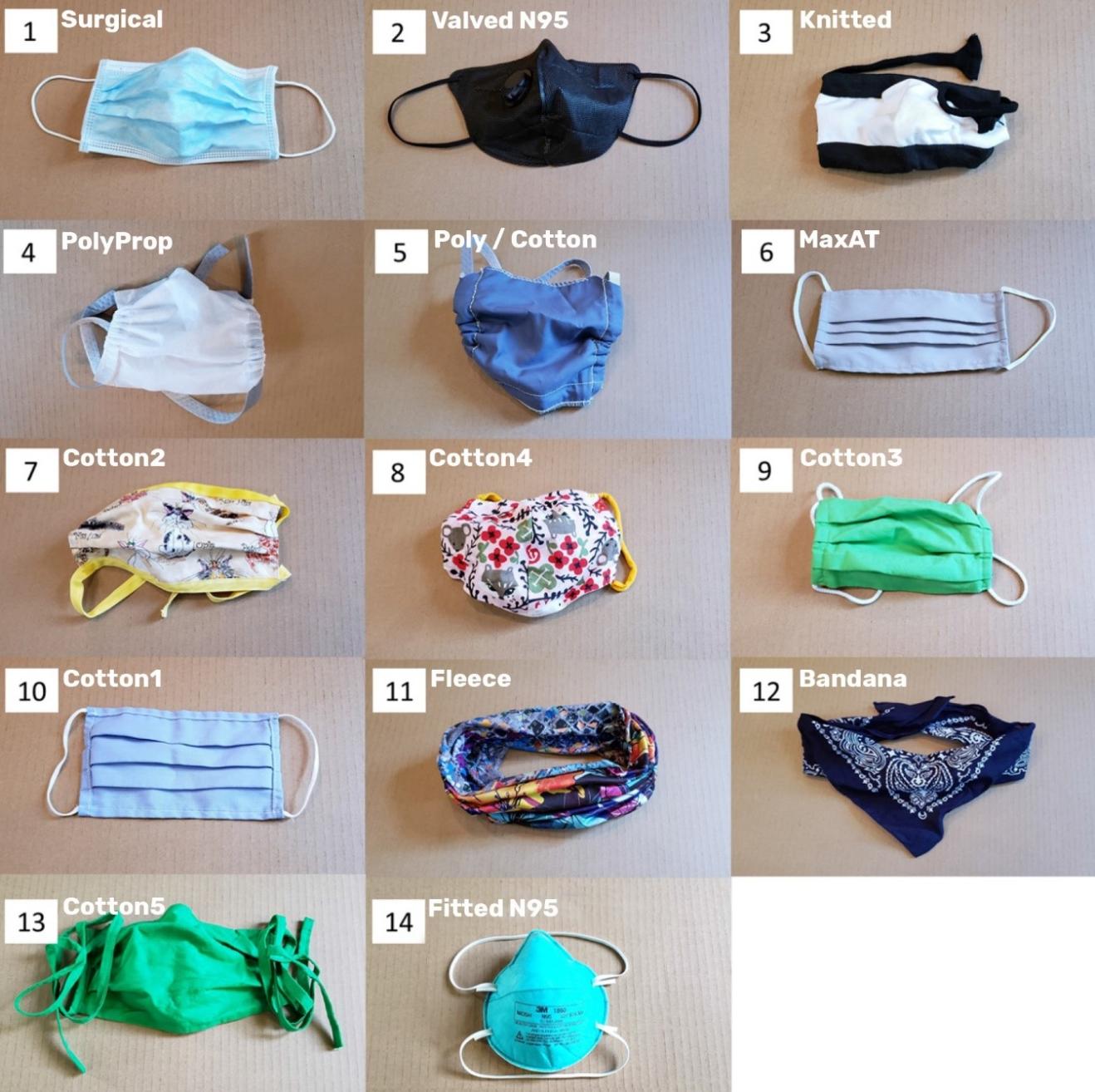What Types of Face Masks Are Most Effective?
As the world continues to grapple with the COVID-19 pandemic, face masks have become an essential tool in preventing the spread of respiratory illnesses. Understanding the different types of face masks available and their effectiveness is crucial for making informed choices about personal protection.

I. Types Of Face Masks
Surgical Masks
Surgical masks are disposable masks made of non-woven fabric. They are designed to block large droplets and particles, such as those produced when coughing or sneezing. Surgical masks are commonly used in healthcare settings and are recommended for the general public in crowded areas.
- Effectiveness: Blocks large droplets and particles.
- Usage: Recommended for general public in crowded areas.
N95 Respirators
N95 respirators are tight-fitting masks with a filter that blocks 95% of particles, including viruses and bacteria. They are highly effective in filtering particles, making them the preferred choice for healthcare workers and individuals at high risk.
- Effectiveness: Highly effective in filtering particles, including viruses and bacteria.
- Usage: Recommended for healthcare workers and individuals at high risk.
KN95 Respirators
KN95 respirators are the Chinese equivalent of N95 masks, meeting similar standards. They are also highly effective in filtering particles and can be used as an alternative to N95 masks.
- Effectiveness: Comparable to N95 respirators.
- Usage: Can be used as an alternative to N95 masks.
Cloth Masks

Cloth masks are reusable masks made of fabric, often homemade. Their effectiveness varies depending on the material and construction. Cloth masks can be used by the general public when other masks are unavailable.
- Effectiveness: Variable, depends on material and construction.
- Usage: Can be used by the general public when other masks are unavailable.
II. Factors Affecting Mask Effectiveness
Several factors influence the effectiveness of a face mask:
Fit
The mask should fit snugly around the face, covering the nose, mouth, and chin. Gaps between the mask and the face reduce its effectiveness.
Material
Masks made of tightly woven fabrics, such as cotton or polyester, are more effective in filtering particles compared to loosely woven fabrics.
Layers
Multiple layers of fabric provide better protection. Masks with three or more layers are generally more effective than single-layer masks.
Care
Masks should be washed or disposed of properly after use to prevent contamination and maintain their effectiveness.
III. Choosing The Right Mask
The choice of face mask depends on the level of risk and individual circumstances:
Consider the Level of Risk
Higher risk settings, such as healthcare facilities or crowded indoor spaces, require more protective masks like N95 or KN95 respirators.
Check Mask Fit and Comfort
Ensure the mask fits properly and is comfortable to wear. A mask that is too loose or too tight may not be effective.
Follow Usage Guidelines
Masks should be used correctly and disposed of properly to maximize their effectiveness and prevent contamination.
Face masks play a crucial role in preventing the spread of respiratory illnesses. Understanding the different types of face masks, factors affecting their effectiveness, and choosing the right mask for the situation is essential for personal protection. Ongoing research and development continue to improve face mask technology, providing better protection against infectious diseases.
YesNo

Leave a Reply